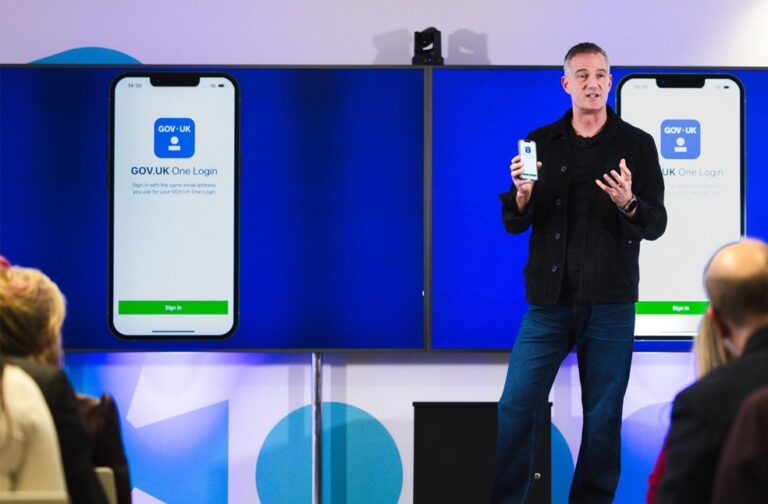London: The UK government will introduce digital driving licenses later this year as part of a broader initiative to overhaul public services using technology which will be available via a new Government app.
GOV.UK Wallet app
These digital licenses, accessible via a new mobile app, will serve as valid identification for purchasing restricted items like alcohol, voting in elections, and proving one’s right to drive.
In addition to driving licenses, the “GOV.UK Wallet” app, launching this summer, will also feature veteran cards, DBS checks, Blue Badges, and other government-issued credentials.
The app aims to make it easier for people to access public services, such as applying for childcare, benefits, apprenticeships, or reporting a lost passport.
Science Secretary Peter Kyle emphasized that the app will allow all government correspondence and identity documents to be issued digitally, offering convenience and security.

Boosting Productivity
The move follows a report revealing that public services are losing £45bn in productivity due to outdated technology. The digital licenses will utilize smartphone features such as facial recognition for enhanced security, even if the device is lost.
While physical documents will remain available, the goal is for all government services to offer a digital alternative by the end of 2027. The app will also offer notifications about new policies and services, and future plans include adding an AI chatbot to assist with complex inquiries.
Several countries, including Australia, Denmark, Iceland, and the US, have already adopted digital licenses. The EU has set a requirement for every member state to implement at least one form of digital ID by 2026.
However, the UK’s plans do not include compulsory national ID cards, as proposed by former Prime Minister Sir Tony Blair and former Conservative leader Lord William Hague.
Despite Blair’s push for national ID cards, which could consolidate details like passports, driving licenses, and tax records into one mobile-friendly ID, this idea was scrapped when Labour won the 2010 general election.
Opponents of national ID cards cite concerns over privacy and the collection of unnecessary personal data.



